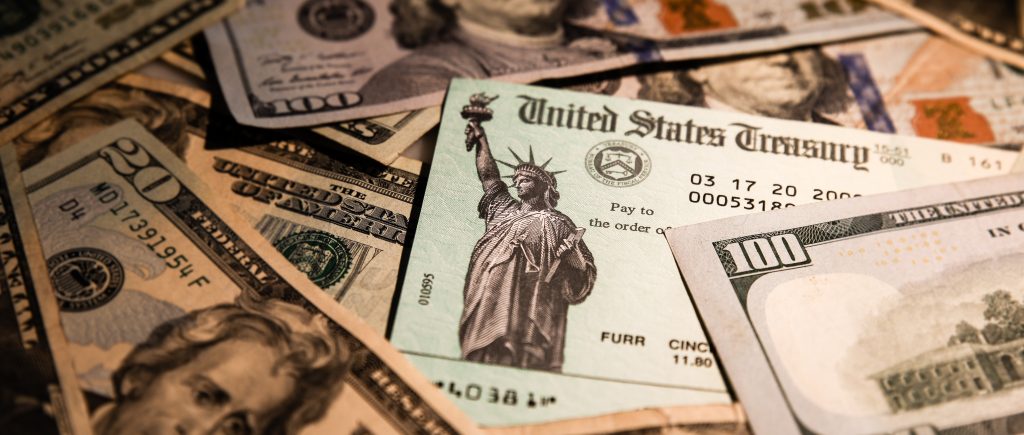US Treasury yields slightly changed on Thursday after the benchmark 10-year note hit a fresh six-week low, with inflation concerns that continue to dissipate amid economic data and corporate results that point to slower economic growth.
The yields on 10-year Treasury notes surge 0.9 basis points to 2.756% after falling to 2.706% early in the session. Expectations were high a few weeks ago that the Fed could aggressively hike interest rates to tackle inflation, but latest economic data suggested a weakening economy.
The drift of the data lately has been on the weak side, notably those new home sales were negative. Similarly, new home sales plunged a more-than-expected 16.6% in April to a seasonally adjusted annual rate of 591,000 units, the Commerce Department said on Tuesday. FOMC Minutes released on Wednesday from a Fed policy meeting three weeks ago suggest the Fed could pause hiking rates in September after two hikes of 50 basis points each in June and July put its policy rate close to neutral. The market has been waiting for data at the macro level to confirm slower economic growth, but micro data from corporations is providing ample evidence.
The US Treasury Department sold $42 billion of seven-year notes at a high yield of 2.777%. The auction was very strong with the high yield more than 2 basis points lower than the yield at the bidding deadline, Brien said. A closely watched part of the US Treasury yield curve measuring the gap between yields on two- and 10-year Treasury notes, seen as an indicator of economic expectations, was at 26.0 basis points.
The yield on the 30-year Treasury bond was up 1.9 basis points at 2.984%. The breakeven rate on five-year US Treasury Inflation-Protected Securities (TIPS) was last at 2.989%. The 10-year TIPS breakeven rate was last at 2.649%, indicating the market sees inflation averaging about 2.6% a year for the next decade.
A lot of what is happening can be seen in corporate earnings. Apple Inc plans to keep iPhone production for 2022 roughly flat at about 220 million units, as China’s COVID-19 curbs, global supply-chain issues and cooling demand hurt smartphone makers.
People are buying in to the view that the economy is getting hit, and the economy getting hit is going to bring down inflation. Two-year Treasury yields, which typically move in step with interest rate expectations, fell 0.8 basis point to 2.494%, a sharp drop from a more than three-year high of 2.844% in early May.

 Noor Trends News, Technical Analysis, Educational Tools and Recommendations
Noor Trends News, Technical Analysis, Educational Tools and Recommendations




